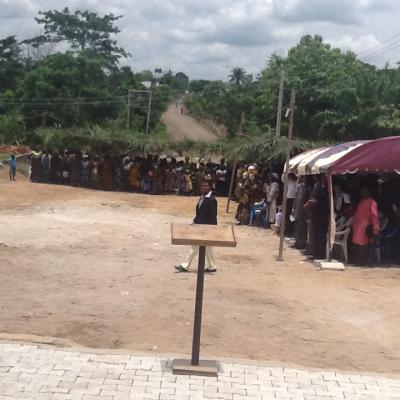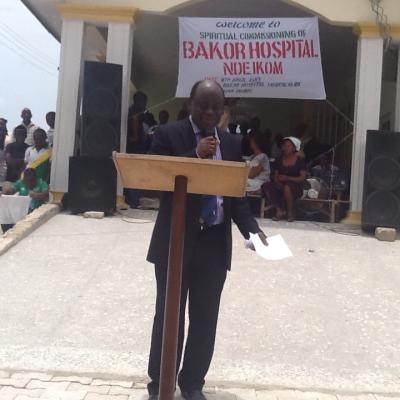The study already published in the American Journal of Epidemiology is the latest research to state that vaccines do affect fertility in males or females.
The researchers, however, as reported in an article published by Medical News Today, noted that their findings on the effect of COVID-19 infection on male fertility are a further confirmation of previous research that says fever affects sperm concentration and motility after any infection.
The authors wrote that their findings that there is a decline in male fertility after a recent SARS-CoV-2 infection is, therefore, not surprising because fever is a common symptom of VOVID-19.
“Regardless, we did not observe any association between SARS-CoV-2 infection and fecundability that persisted beyond 60 days,” said the researchers.
According to the report by Medical News Today, the authors of the new study explained that limited data was available to clarify the link between COVID-19 vaccination and fertility in females, noting that there was also less evidence on the possible effects of vaccination on male fertility.
They explained further that to bridge the gap in data availability, they took data from an internet-based preconception cohort study called Pregnancy Study Online, or PRESTOTrusted Source, noting that they recruited 2,126 people from December 2020 until November 2021.
The eligible participants, they said, are residents of the United States and Canada and self-identified as females between 21 and 45 years of age who were trying to conceive without the use of fertility treatments.
The scientists said they gave the participants the option of inviting their male partners to participate in the study.
All participants, Medical News Today reported completed a baseline questionnaire that included information about sociodemographics, lifestyle, and reproductive and medical histories. The females filled out follow-up questionnaires every 8 weeks for up to 12 months.
The data from PRESTO showed that the fertility rates among female participants who had received at least one dose of a COVID-19 vaccine were nearly identical to those of unvaccinated female participants. The results were similar for their male partners.
“Our findings that COVID-19 vaccination was not related to fertility are consistent with other studies from couples undergoing fertility treatment,” Amelia Wesselink, lead author of the study and a research assistant professor of epidemiology at Boston University.
“This study clearly confirms the message and the other data out there saying that the vaccines do not predispose to any difficulty with fertility,” said Prof. Schaffner, a professor of infectious diseases at Vanderbilt University Medical Center.
The authors said the strengths of their study included a large number of participants from geographically and socioeconomically diverse populations.
The study’s limitations, they said, include reliance on self-reporting of infection and vaccination status.
Also, as the authors note, “for couples in which the male partner did not complete his questionnaire, we relied on the female report of male vaccination status.”
Speaking on these limitations of the study and the need for further work, Prof. Schaffner said, “As we go forward and develop other new vaccines — updated COVID-19 vaccines and any others that involve reproductive-age adults — fertility is an issue that needs to be addressed. It will come up again with other vaccines.”
Source: HealthWise




